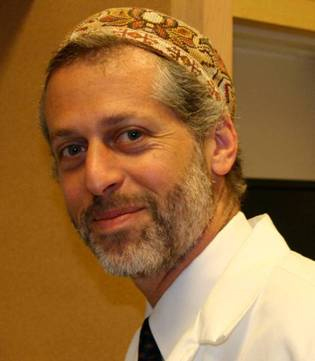Archived Content
This page is archived and provided for historical reference. The content is no longer being updated, and some of the information may have changed over time and could be outdated or inaccurate.

Michael Paasche-Orlow M.D., M.A., M.P.H.
Michael Paasche-Orlow M.D., M.A., M.P.H.
Professor of Medicine
Boston University School of Medicine
Overview
Dr. Paasche-Orlow’s team designed and evaluated a series of interactive Embodied Conversational Agent (ECA) systems. In this session, he will describe attributes and design features of ECA systems with a focus on the current system as deployed with six content modules (symptoms, exercise, meditation, spiritual needs, advance care planning, and storytelling). He will also discuss early experiences with system utilization and the nurse alert workstation.
Biography
Michael Paasche-Orlow M.D., M.A., M.P.H. is a Professor of Medicine at Boston University School of Medicine. Dr. Paasche-Orlow is a general internist and a nationally recognized expert in the field of health literacy. He is currently a co-investigator with five funded grants that examine health literacy including two intervention studies evaluating simplified information technologies for behavior change among minority patients with a range of health literacy levels. Dr. Paasche-Orlow’s work has brought attention to the role health literacy plays in racial and ethnic disparities, self-care for patients with chronic diseases, end-of life decision making, and the ethics of research with human subjects. He is the Associate Program Director for the Boston University School of Medicine General Internal Medicine Academic Post-Doctoral Fellowship Program and the Associate Section Chief for Research for the Section of General Internal Medicine in the Boston University School of Medicine’s Department of Medicine.








